-
-
-
Sicap Foire, Lot number 17, Zone C, Dakar, Senegal.
Seed Autonomy: Key to Food Sovereignty
- Home
- The struggle for food sovereignty in West Africa: seed autonomy, the mother of all battles
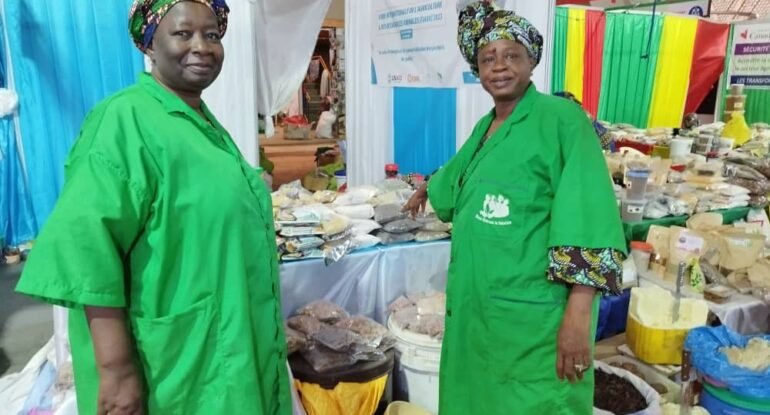
Dec 15 2023
The struggle for food sovereignty in West Africa: seed autonomy, the mother of all battles
Beyond the political prioritization of peasant seed systems (SSP), the leaders and technical agents of rural women's associations (AFR) belonging to the pan-African movement Nous sommes la Solution (NSS) believe that the fight for food sovereignty in Senegal and the West African sub-region will inevitably involve empowering peasant seed systems.
We have to stop entrusting our bellies to those who are not prepared to feed us and who are quick to close their seed banks whenever they want. We are tired of being dependent on others. Our main objective is to become self-sufficient in seeds, so that we no longer have to rely on the West. More than an invitation or a cry from the heart, these words from Sia Anne Marie Kamano, head of the Pan-African Rural Women's Movement (AFR) in Guinea, sound like a cry of distress in the face of the "seed neo-colonialism" from which communities in Senegal and the West African sub-region are suffering.
According to her, communities must preserve their values and identities, which are included in the peasant seed. Anne Marie's conviction, which resounds like a call to "return to our roots", is shared by the sixty or so leaders and technical agents of the rural women's associations (AFR) who are members of the pan-African movement Nous sommes la Solution (NSS).
Participants from eight West African countries took part in the 2nd edition of the international training camp on peasant agroecology (Sifap), held from September 10 to 17, 2023 at the "Karonghen Wati Naaning" training and demonstration center for good peasant farming practices in Niaguis, some fifteen kilometers from Ziguinchor. They all reaffirmed that seed autonomy is the key to the fight for food sovereignty in Africa.
This is why, for more than a decade, the AFR has been striving to "regain control of food, through peasant seed, in order to break with the "dependence, shortages and fictitious deficits" that Africa experienced, for example, during Covid-19 and with the conflict in Ukraine, justifies Famara Diédhiou, Program Manager at the Alliance for Food Sovereignty in Africa (Afsa). For him, seed is a crucial element in production and food systems.
This explains, he says, the existence for several decades of policies and practices that have led African farmers and producers to believe, and continue to believe, that seed production is reserved for a specific type of player.
And yet, he adds, until the 1960s, farmers and peasants knew how to select their seeds, reproduce them and ensure food supply. In truth, we are the best at mastering this seed and, beyond that, all the biodiversity it contains.
When we talk about biodiversity, it's to avoid limiting ourselves to a seed system made up of wheat, rice and maize, since these are increasingly the main cereals that are being forced on mankind", laments Mr. Diédhiou.
He believes that "wheat should be a secondary or tertiary option in the West African food system.
Explaining the choice of theme for the 2nd edition of the Niaguis camp, which centered on the production of peasant horticultural and market garden seeds, Mariama Sonko, president of the Nous sommes la Solution movement, is convinced that it's "time to refuse to depend on hybrid or improved seeds made from genetically modified organisms (GMOs), because they don't contribute to the sustainable financial empowerment of African women.
In the same vein, agro-ecology expert Bélimgnégré Abdoul Razack from Burkina Faso calls for a "return to our roots" and "endogenous practices" in a context of global food insecurity. We can't talk about food sovereignty in Africa unless we have sovereignty over farmers' seeds. Farmer autonomy always begins with seed autonomy.
African farmers need to be able to produce their own seeds, select them and multiply them in their fields and on their farms. If we let our peasant seeds go to waste, we lose our dignity. And peasant dignity begins with peasant seed. That's what we're fighting for", he says.
Political prioritization of peasant seed systems and farmers' rights
Like Guinean agrobiologist Anne Sia Kamano, the players involved in the fight for food sovereignty through farmers' seed autonomy believe that the battle will be a long one, but not in vain. That's why, to bring this "mother of all battles" to a successful conclusion, they rely on advocacy campaigns and agrology training camps such as the one at Niaguis, which, beyond its mission as a memorial sanctuary, is a "living, fertile source where present and future generations, from here and elsewhere, will come to drink and absorb good farming practices and know-how".
With over 500 umbrella associations throughout West Africa, this rural women's movement, supported by the NGO Fahamu Africa, relies on other tools and mechanisms such as the construction of farms and agrobiological centers, and the organization of "impregnation and experience-sharing" trips, such as those recently held at Ber Shaba in Sandiara and at the 4 Chemins agroecological farm in Toubab Dialaw, on November 18 and 19.
The organization of the farmers' seed fair in Djimini, in the Vélingara department, is in line with the desire of those involved in agro-ecology to revitalize the circuits of exchange and advocacy for farmers' seed systems (SSP).
Organized every two years, the fair also aims to "strengthen the skills of PHC promotion platforms so that they can engage in debates at local, national and regional level, but also to contribute to the media coverage of peasant seed systems for better political support", says Mamadou Danfakha, program manager at Fahamu Africa, which also intends to build on the perpetuation and institutionalization of training and demonstration camps for good practices and peasant know-how.
Held in Dar Es Salam, Tanzania, from August 14 to 17, 2023, the Pan-African Farmers' Seed Conference, organized by the Alliance for Food Sovereignty in Africa (Afsa) and its allies, is part of the fight for seed empowerment in West Africa. This meeting aims to "galvanize greater action in favor of the political prioritization of peasant seed systems and farmers' rights on the continent", explains Famara Diédhiou, the alliance's program manager.
For Afsa, "farmers' seeds are not only the repositories of genetic diversity, they also embody the traditions, knowledge and identities of our farming communities". This is why the conference reiterated its call for leaders to reject the failed technologies of the Green Revolution and ensure that the continent's governments, policymakers, food producers and consumers chart their own course towards sustainable, healthy food systems and farming practices.
wopallodia92@gmail.com
Latest articles
Useful links
Contact
- Opening hours : Mon - Fri : 8.00 - 18.00 hours
- Office 9, Cité Sonatel 2, Dakar, Senegal
- +221 33 867 59 11
- contact@wasafrica.org
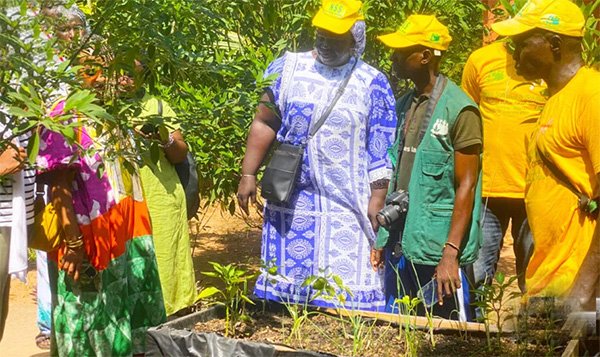
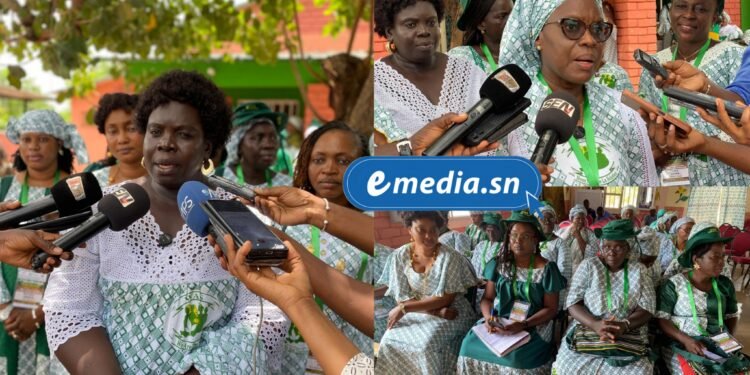
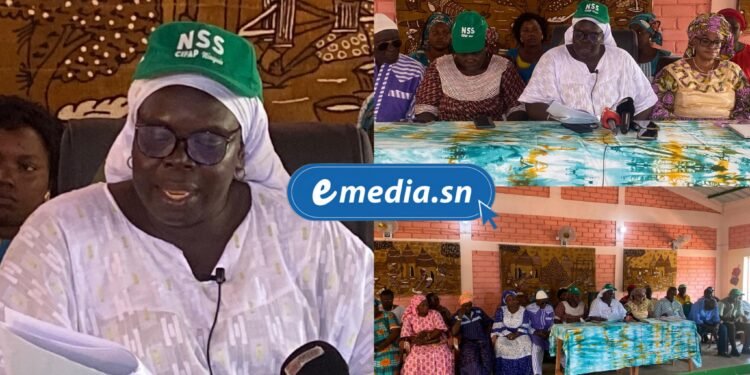

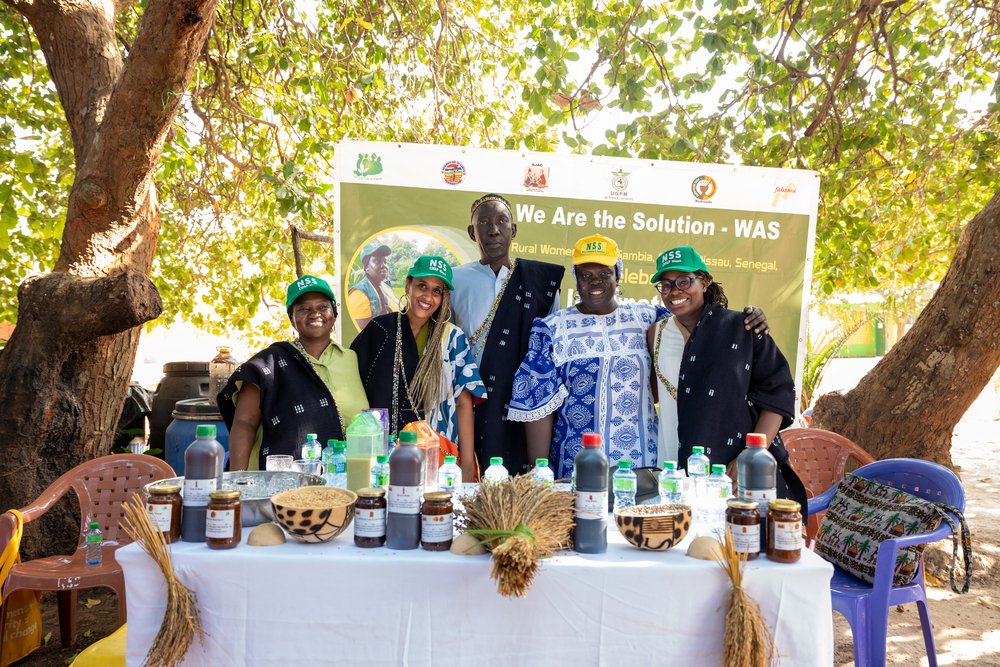
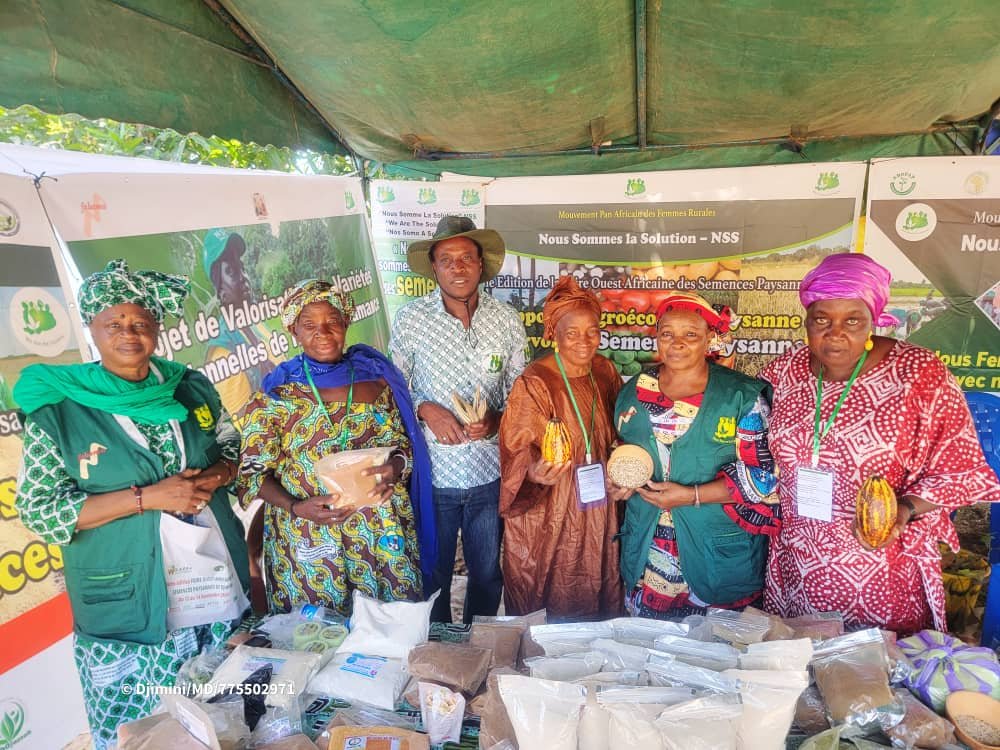
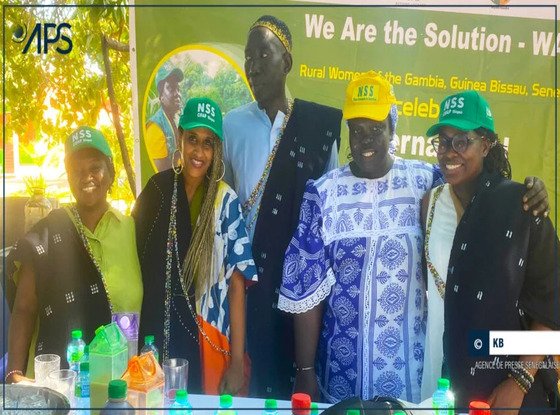
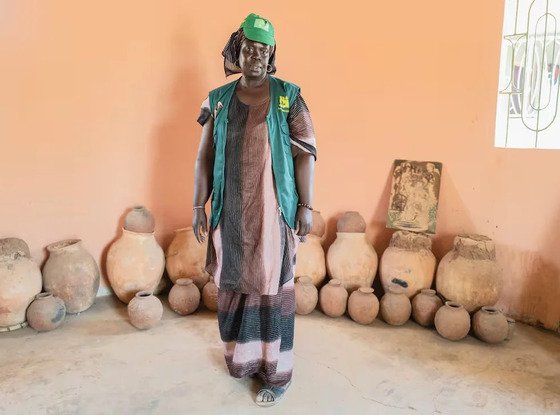
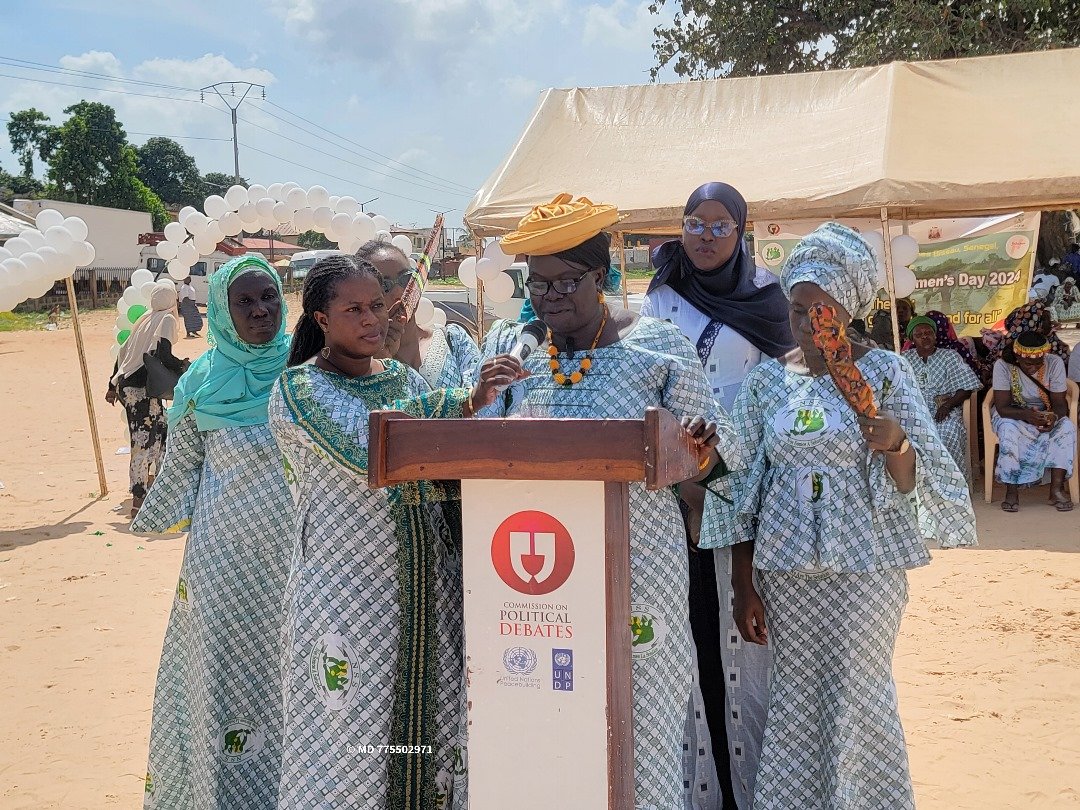
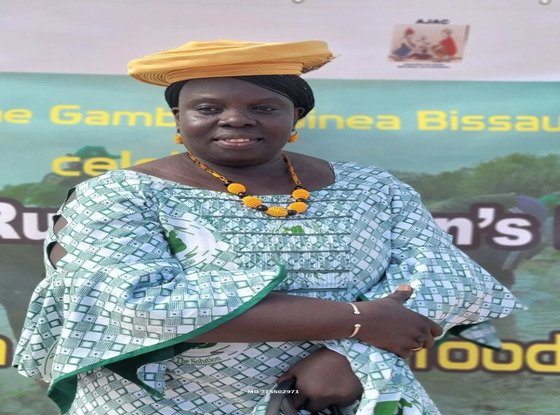

Leave A Comment